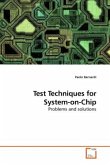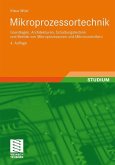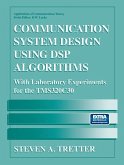Sports science is an integral key in achieving success in sports. One of the major aspects in sports science is the fitness assessment of athletes. The main purpose of this work is to develop a digital fitness test system (DFTS). The main components of the DFTS consists of a few test stations, a removable memory device and an Electrocardiogram (ECG) feature extraction to find the abnormalities and the correlation of the features with the fitness level. The test stations include body mass index (BMI), treadmill, shuttle run, sit-up, step-up, sit-and-reach and push up. This system is based on manual National Physical Fitness Test (NPFT) that has been widely applied in Malaysia especially in schools and sports associations. A person only needs a single 4-pins removable memory device to store his ID, name and data so that all test stations can identify the person and store the results in the device. The software will read and analyze the data from the device and recognize the fitnesslevel of the person. Results obtained from these stations are compared with those obtained manually for performance comparison.








